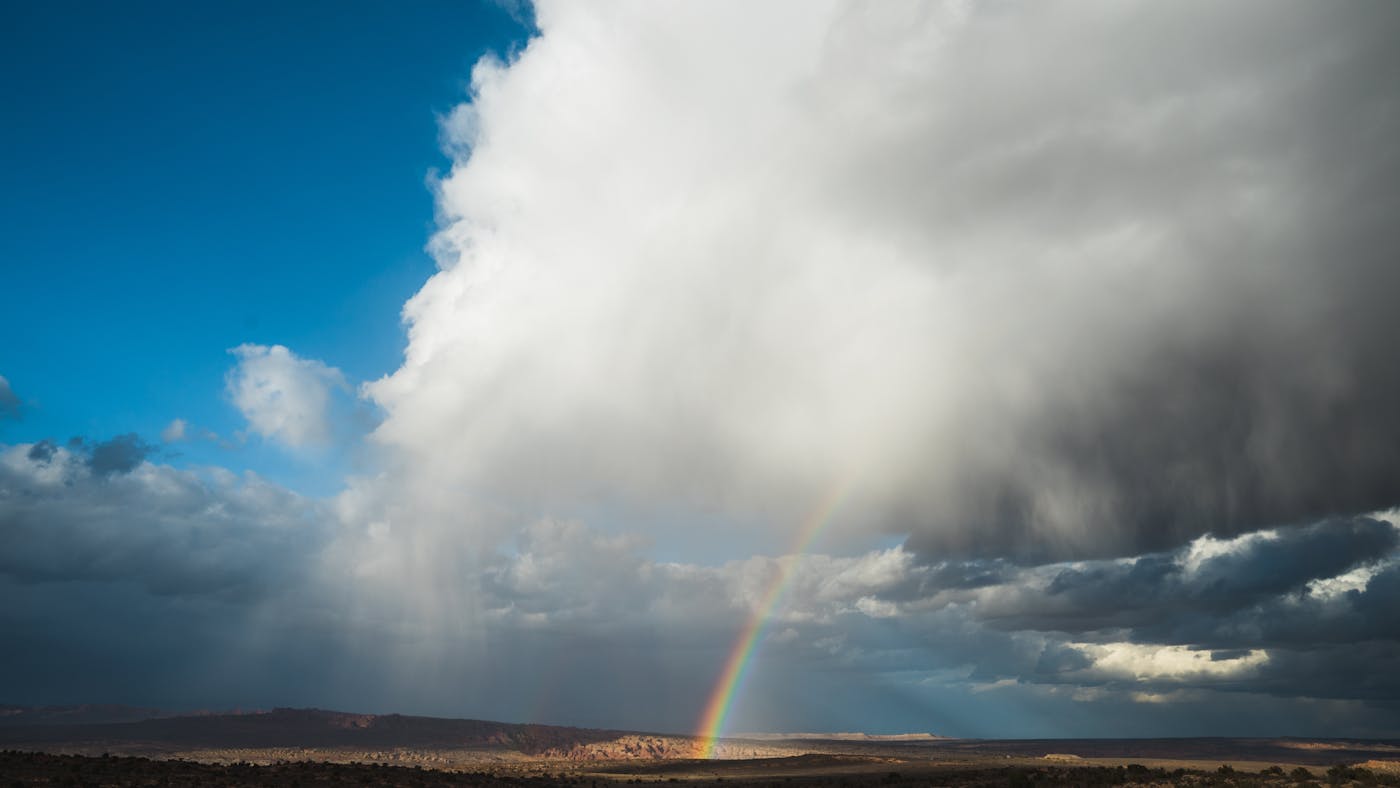 The Princess Bride (1987) spans the spectrum of film-lovers’ delights. It boasts one of the cleverest movie scripts of all time, and includes a great deal of refreshing honesty about life. In particular, one line from the grandfather and narrator has remained with me since my first watching — and has sunk deeper in my many re-watchings.
The Princess Bride (1987) spans the spectrum of film-lovers’ delights. It boasts one of the cleverest movie scripts of all time, and includes a great deal of refreshing honesty about life. In particular, one line from the grandfather and narrator has remained with me since my first watching — and has sunk deeper in my many re-watchings.
The young boy, sick in bed, stops his grandfather’s reading of The Princess Bride during a description of an especially unjust sequence where the princess is being forced to marry the evil prince. He indignantly declares, “It wouldn’t be fair.” His grandfather’s response drips with wisdom from above:
Well, who says life is fair? Where is that written?
Simple and brilliant. And much needed today. The underlying challenge is clear: Examine your assumptions. Our society carries hundreds of unquestioned assumptions, and we Christians ought to ask, astutely and often, “Who says? Does God say that? Is it biblical?”
The following is a list of seven of the most egregiously assumed truth-claims in popular culture today, with a biblical check for each one.
1. “Things will work out.”
“Only the Bible offers a fixed, specific hope that roots sweeping statements in the firm soil of reality.”
Who says? Unless the speaker means that “all things work for the good of those who love God and have been called according to his purpose” (Romans 8:28), which is specifically to see them “conformed to the image of his Son” (Romans 8:29) while they are “waiting for our blessed hope, the appearing of the glory of our great God and Savior Jesus Christ” (Titus 2:13), then it is simply wishful thinking.
“Things will work out” is not the mantra of the people of Swaziland, where the AIDS epidemic is out of control, or in Syria, where the terror of ISIS is ever-present. Only the Bible offers a fixed, specific hope that roots such a sweeping statement in the firm soil of reality.
2. “The most important thing is your health.”
Who says? God clearly states, “You are a mist that appears for a little time and then vanishes” (James 4:14). When you are sick, Paul is there to remind you that your “outer nature is wasting away,” while your “inner nature is being renewed day by day” (2 Corinthians 4:16).
Is it really most important, given this brief mist of a life, to maintain pristine health? God thinks not. He is committed to the display of his glory (Isaiah 43:7) and invites you to embrace that mission as one of utmost importance (1 Corinthians 10:31). God did not think the most important thing about his incarnate Son was his health.
3. “They’re in a better place.”
Who says? Funerals are painful for many reasons, but one of the more subtle ones is this ostrich-like burying of the head that happens so rampantly. Sadly, people whose lives have been characterized by self-centeredness and the denial of Christ are brazenly declared to be in heaven at most any funeral.
But the Son of God says, “Whoever believes in the Son has eternal life; whoever does not obey the Son shall not see life, but the wrath of God remains on him” (John 3:36). It is far better to make a statement founded on the objective work of Christ through faith than to wish that statement into existence simply by saying it.
4. “You can do anything you set your mind to.”
“There is never a point when we leave behind the identity of saved sinners — even into eternity.”
Who says? This statement makes for a great Nike commercial or after-school special, but it is based in the fiction of autonomous self-determination. Autonomy (literally “self-rule”) may be the source of our sickness, but it is not the avenue for our cure. We hate the idea of our limitations, but we are made to be limited. God enumerates those limitations in his breath-taking, four-chapter revelation of Job’s lack of power and understanding (Job 38–41). And perhaps he was even more explicit in displaying our limitations when he shut up sinful humanity under his law (Romans 3:19), leaving us helpless and needy for a Savior (Romans 3:20; Galatians 3:22).
We certainly bear God’s image and have amazing creative capabilities, but when it comes to anything we set our minds to, we desperately need the truth, “The mind that is set on the flesh is hostile to God, for it does not submit to God’s law; indeed, it cannot. Those who are in the flesh cannot please God” (Romans 8:7–8).
5. “He’s a good guy.”
Who says? On the one hand, the sentiment here is understood. There is God-imaging nobility in the world, and beyond that, Christians have hearts that have been renewed by the Holy Spirit.
But on the other hand, Jesus sings a very different tune. “Why do you call me good? No one is good but God alone” (Mark 10:18). Paul echoes that judgment when he declares himself the foremost of all sinners (1 Timothy 1:15). There is never a point when we leave behind the identity of saved sinners, in need of God’s grace, even into eternity.
6. “Follow your heart.”
Who says? For decades, Disney has warmed the hearts of millions with this sometimes overt, sometimes covert theme. But the following of our hearts is not a biblical recommendation. Paul agonizes over his divided heart in Romans 7:24, “Wretched man that I am! Who will set me free from this body of death?” That’s no ringing endorsement for trusting oneself.
It is death to self, rather than the embracing of self, that saves your life (Luke 9:23; Matthew 16:25). So, when unfettered heart-following tempts you, remember the words of Jesus to Peter: “What is that to you? You follow me!” (John 21:22).
7. “All good things must come to an end.”
“In God’s economy, all bad things will come to an end, but the best of things will endure for all eternity.”
Who says? This widely accepted axiom is a blatant coping mechanism. Since the broken world hurts — and that without fail — we must invent a verbal anesthetic to keep ourselves from being crushed.
But it is a lie. God has a different end in mind. “He will wipe away every tear from their eyes, and death shall be no more, neither shall there be mourning, nor crying, nor pain anymore, for the former things have passed away” (Revelation 21:4). In God’s economy, all bad things will come to an end, but the best of things will endure for all eternity.
Renew Your Mind
Beware the spirit of the age. Its lips drip with honey. It will tickle your ears, but following its adages leads to death.
So when a sweet-sounding, seemingly obvious statement hits your ears, “Do not be conformed to this world, but be transformed by the renewal of your mind, that by testing you may discern what is the will of God, what is good and acceptable and perfect” (Romans 12:2).










